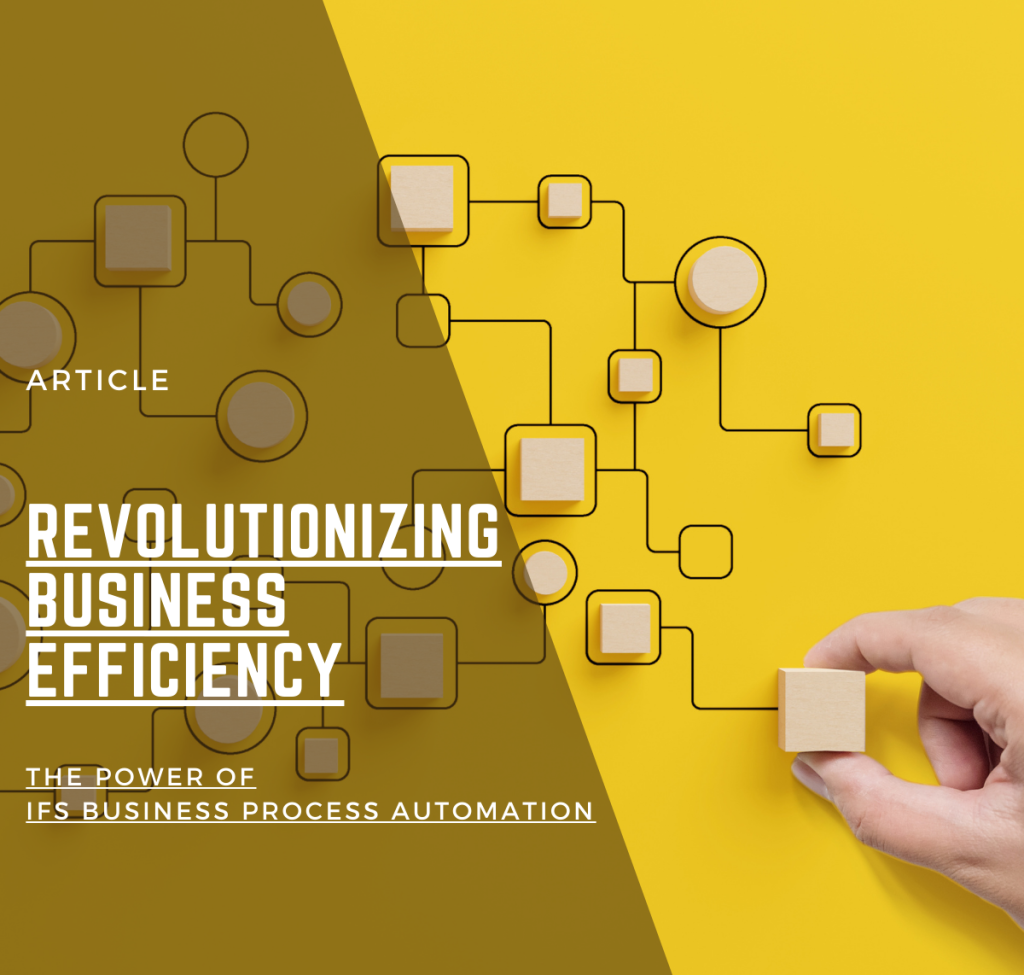In the contemporary business landscape, the quest for operational efficiency and digital transformation has led many organizations to embrace Business Process Automation (BPA). This adoption is driven by the need to streamline complex business operations, enhance service delivery, contain costs, and ultimately achieve a digital transformation. The essence of BPA lies in its ability to automate multifaceted business processes through technology, thereby simplifying business operations, improving service quality, and facilitating digital transformation.

Expectations from Business Process Automation
Organizations venturing into BPA should expect to see a significant transformation in how their business processes are managed. BPA introduces a level of efficiency that manual processes simply cannot match. By automating routine tasks, businesses can focus their human resources on more strategic activities that require human intelligence and emotional judgment. Furthermore, BPA leads to faster decision-making, reduced errors, and a more agile response to market changes. It paves the way for a digital-first approach, aligning IT systems with business objectives to foster growth and innovation.
Challenges Addressed by Business Process Automation
BPA is instrumental in tackling various operational challenges within organizations, such as:
- Reducing Operational Costs: By automating routine tasks, organizations can lower their operational expenses, as machines handle the tasks faster and more efficiently than humans.
- Enhancing Efficiency and Productivity: Automation streamlines business processes, eliminating bottlenecks and ensuring tasks are completed at a faster rate.
- Improving Accuracy: Automated processes reduce the likelihood of errors that are common in manual processes, thereby improving the overall accuracy of business operations.
- Compliance and Risk Management: BPA systems are designed to adhere to regulatory standards, which helps in managing compliance and mitigating risks.
- Customer Satisfaction: Faster and more accurate processes lead to improved service delivery, which in turn enhances customer satisfaction and loyalty.
The IFS BPA Solution: A Fully Integrated Approach
In response to the growing need for sophisticated BPA solutions, IFS has developed a fully integrated BPA solution as part of its IFS Cloud 21R1 release. This solution introduces a workflow engine embedded within the IFS Cloud, designed to enhance the automation and tailoring experience for users. It allows for the creation of workflows that automate a sequence of tasks, processing data across different business and industry interactions. These workflows can handle everything from simple data passing between systems and humans to more complex processes that require decision-making based on predefined criteria.
Central to the IFS BPA solution is its support for Business Process Modeling Notation (BPMN), a global standard for process modeling. This adherence ensures that the technical implementation of processes is precisely aligned with business objectives, enabling organizations to model, implement, and optimize their business processes efficiently. BPMN’s standardized graphical notation not only enhances the clarity of process designs but also facilitates seamless communication between IT and business stakeholders, thereby ensuring a holistic approach to process automation.
The IFS BPA solution stands out for its comprehensive approach to process automation, encompassing validation, user interaction, and process enrichment. This approach ensures that organizations can tailor the solution to their specific needs, leveraging features such as:
- Workflow Designer: A tool that facilitates the visual modeling of processes, making it easier for users to design and implement automation workflows.
- Custom Event Triggers: Users can define custom events that trigger specific workflows, enabling a high degree of customization and flexibility.
- Integration with IFS Cloud: The solution is fully integrated with IFS Cloud, allowing users to leverage existing functionalities and data within the IFS ecosystem.
Conclusion
As businesses continue to navigate the complexities of digital transformation, the role of Business Process Automation becomes increasingly crucial. The IFS BPA solution provides a robust, integrated platform for organizations looking to automate their business processes, improve operational efficiency, and achieve digital transformation. By adopting a strategic approach to BPA, organizations can not only streamline their operations but also unlock new opportunities for growth and innovation.
ABOUT THE AUTHOR
With over 20 years of professional expertise in the IT software industry, including an impressive 19-year tenure in a managerial position at IFS Turkey, Göksel Sanbay brings a wealth of experience to the table. Throughout his career, he has successfully managed dozens of hands-on ERP, EAM, and ESM projects, leaving a trail of satisfied clients and successful implementations.
Notably, he has also excelled as a solution architect, leaving his mark on various reference IFS projects. His passion for innovation and driving efficiency has led him to embark on a new journey. In July 2022, he founded GUMA Business Solutions, a dynamic consulting company exclusively dedicated to crafting cutting-edge business software solutions, with a specialization in IFS Applications.
At GUMA, we thrive on challenges and aspire to take businesses to new heights through tailor-made software solutions that streamline operations, boost productivity, and empower growth
